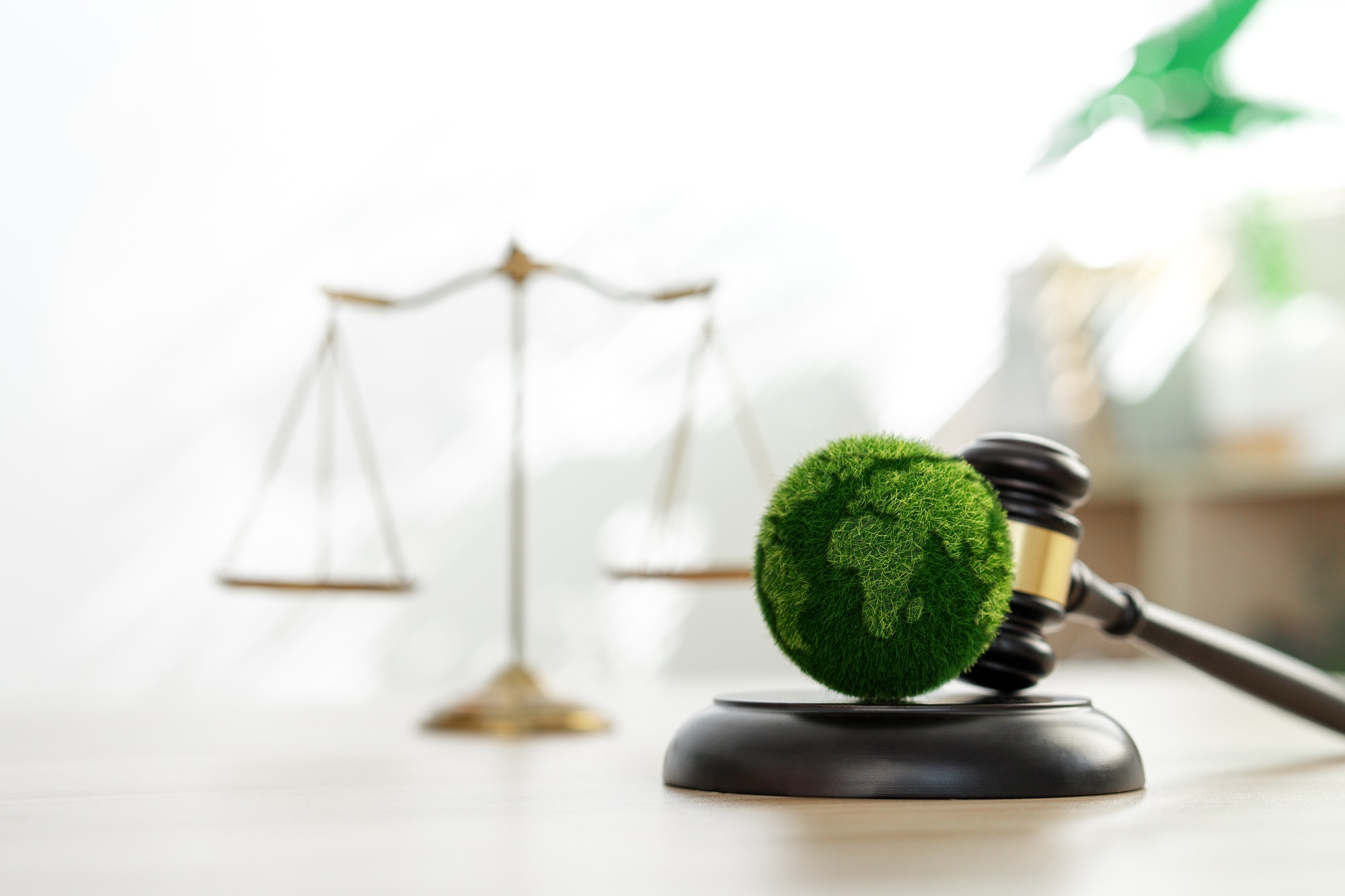What’s Going On with the ICJ and the Ukraine-Russia Situation?
So, the International Court of Justice (ICJ) is stepping into the drama between Ukraine and Russia. They’re going to check out some serious accusations about genocide happening in the regions of Donetsk and Luhansk, where there’s been a lot of conflict.

The Genocide Convention and What’s Being Said About Ukraine
Basically, Russia has accused Ukraine of committing genocide in these eastern areas, which is a massive deal under the 1948 Genocide Convention. But, the court is like, “Hold up, we’re not getting into whether Russia invading was right or wrong according to this convention. We’re just here to see if these genocide claims hold any water.”
What the Court Is Doing About It
The ICJ’s Power Zone
The court’s latest decision shows they’re taking charge to look into whether Ukraine really did commit genocide in Donetsk and Luhansk. It’s a big moment because it means they’re moving forward to get into the nitty-gritty of these accusations.
Why This Court Decision Is a Big Deal
By deciding to take a closer look, the ICJ is opening the door to possibly call out if these genocide claims are true or not. Everyone watching this legal showdown knows it’s more than just about the law; it’s about the tension between Ukraine and Russia and what this means for them.
The Back and Forth Between Russia and Ukraine
Russia says it invaded in 2022 because it believed Ukraine was harming Russian-speakers in the east, which Ukraine totally denies. Ukraine’s fighting back in court, hoping the ICJ will say they didn’t break the Genocide Convention.
The Bigger Picture
How This Fits into World Peace and Stuff
This whole court thing puts a spotlight on how tricky it is to solve big disputes with international law, especially since the ICJ can’t make countries do what it says. It’s all about if countries respect the court’s decisions and play nice.
What Happens Next
As the court digs deeper, it’s not just about Ukraine and Russia anymore. It’s a big moment for understanding how international law works in real life and could affect how countries deal with each other in the future. Everyone’s watching to see how this will turn out and what it means for world politics and keeping peace.

Frequently Asked Questions (FAQs)
1. What is the International Court of Justice (ICJ) examining in the Ukraine-Russia conflict?
The ICJ is looking into allegations that Ukraine committed genocide in the Donetsk and Luhansk regions, as claimed by Russia. They’re focusing on whether these accusations are true, not on the legality of Russia’s invasion.
2. Why is the Genocide Convention important in this case?
The Genocide Convention of 1948 is a key international treaty that defines and outlaws genocide. Russia’s accusations against Ukraine fall under this treaty, making it crucial for the ICJ to determine if these claims hold any merit.
3. What does it mean for the ICJ to move to the merits stage?
Moving to the merits stage means the ICJ is going beyond preliminary considerations to closely examine the evidence and arguments related to the genocide allegations. It’s a step closer to a final decision on the matter.
4. How does the ICJ enforce its rulings?
The ICJ doesn’t have a direct way to enforce its rulings. Its effectiveness depends on the willingness of the international community and the countries involved to respect and act according to its decisions.
5. What could be the implications of the ICJ’s findings for international law and the Ukraine-Russia conflict?
The ICJ’s findings could influence international legal standards and the global community’s response to the conflict. A decision on the genocide allegations could impact diplomatic relations, future conflict resolution efforts, and the broader enforcement of international law.
Sources Aljazeera


